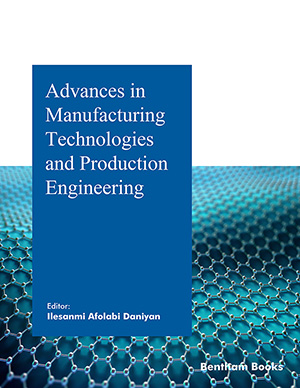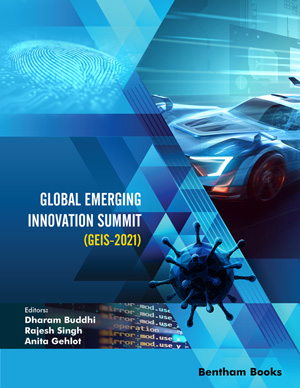Abstract
Background: With ageing, the population, and the increasing number of people with compromised immunity, environmental problems are becoming increasingly severe. Infants and older people are greatly affected by respiratory airway blockages, such as phlegm accumulation leading to poor breathing or foreign bodies entering the body, thereby, increasingly complicating respiratory infectious diseases, and raising the demand for endoscopes. The endoscope can observe the pathological conditions and morphological changes of human diseased tissues and carry out corresponding ‘dredging". Endoscope lavage is an essential medical means to improve dyspnea and extract foreign bodies, so it has been widely used in medicine.
Objective: To review the research status of the endoscope by combining the latest developments and technologies of endoscope cleaning and disinfection systems, lavage collection, and filtration systems in recent years (from 2015 to now) to achieve the purpose of continuous improvement and optimization of the endoscope.
Methods: By analyzing the patent features of the endoscope in the cleaning and disinfecting system and the irrigation fluid collection and filtration system, it shows that there is a greater risk of hospital cross-infection when the endoscope uses to make a diagnosis of a disease before it is applied to the human body and under direct vision, or when biopsy of a lesion is performed to make a pathological diagnosis, which explains that it is necessary to clean and disinfect the medical endoscope and collect the irrigation fluid beforehand. At the same time, to reduce patients' pain by performing only one irrigation procedure, it is crucial to filter the irrigation fluid to achieve a more accurate examination of the irrigation fluid biopsy.
Results: By comparing the main problems existing in the endoscope, to prospect the development trend of the endoscope.
Conclusion: By improving and optimizing the cleaning and disinfection system, the irrigation fluid collection, and the filtration system of the endoscope, the loopholes in the current technology can be solved and made more practical.




















